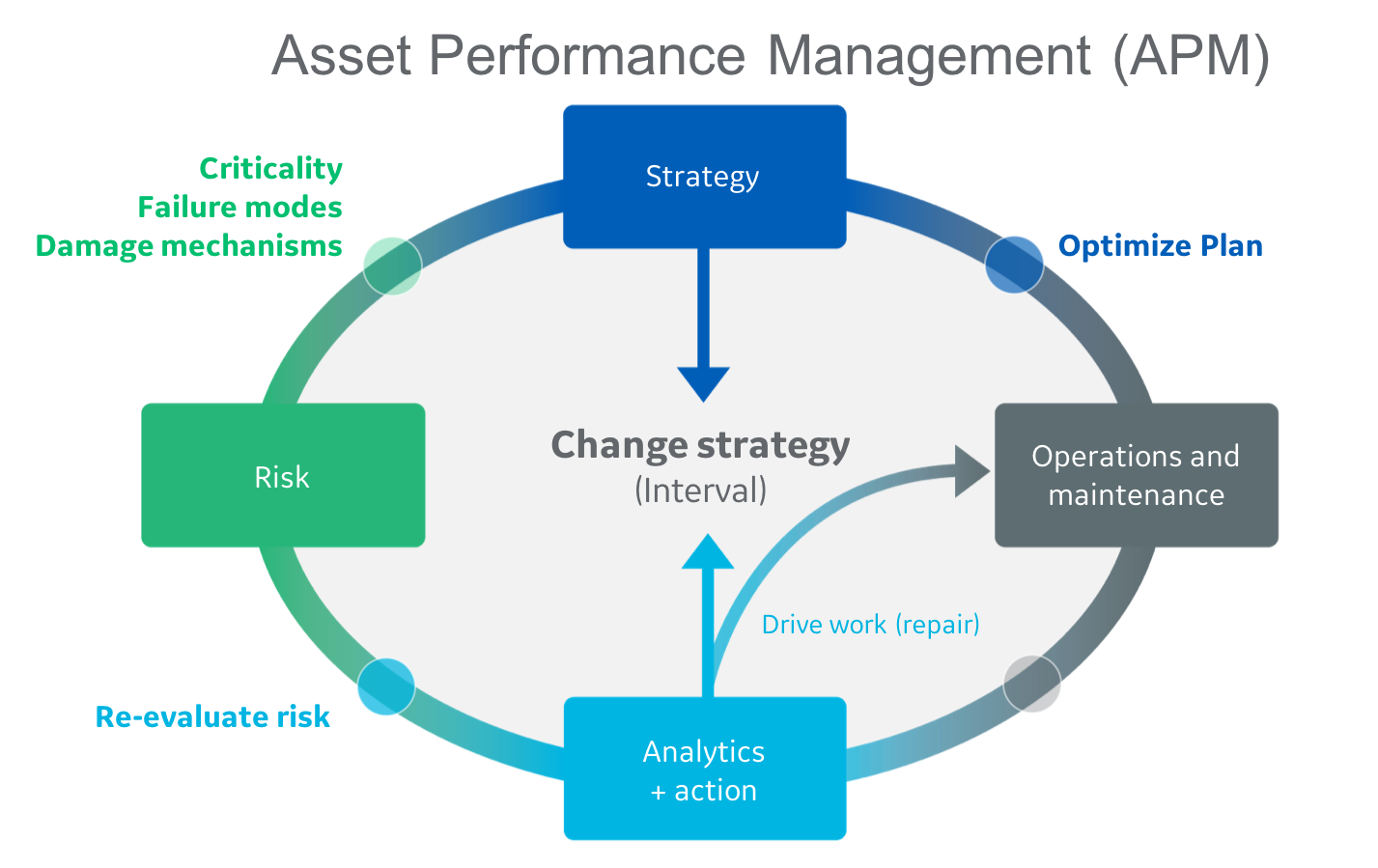APM Support Digital Transformation Initiatives

Application Portfolio Management (APM) plays a crucial role in supporting digital transformation initiatives by optimizing the organization's application portfolio to align with strategic objectives, drive innovation, enhance agility, and improve competitiveness. Here's how APM supports digital transformation:
Rationalization and Modernization: APM assesses the existing application portfolio to identify outdated, redundant, or underperforming applications that hinder digital transformation efforts. It rationalizes the portfolio by retiring legacy systems, consolidating redundant applications, and modernizing outdated technologies to streamline operations, reduce complexity, and pave the way for digital innovation.
Alignment with Business Objectives: APM aligns the application portfolio with business objectives and digital transformation strategies. It ensures that applications support key business processes, enable new digital capabilities, and deliver tangible value to the organization. APM prioritizes investments in applications that align with strategic priorities, such as customer experience enhancement, product innovation, operational efficiency, and revenue growth.
Agility and Flexibility: APM enhances agility and flexibility by optimizing the application portfolio to adapt to changing business needs and market dynamics. It identifies opportunities to leverage cloud computing, microservices architecture, containerization, and DevOps practices to enable faster development, deployment, and scalability of digital solutions. APM supports the adoption of agile methodologies and continuous delivery practices to accelerate time-to-market and respond quickly to customer demands.
Innovation Enablement: APM fosters innovation by enabling the adoption of emerging technologies and digital platforms within the application portfolio. It identifies opportunities to leverage technologies such as artificial intelligence (AI), machine learning (ML), Internet of Things (IoT), blockchain, and big data analytics to drive digital transformation initiatives. APM supports experimentation, prototyping, and pilot projects to test new digital solutions and validate their potential impact on business outcomes.
Customer-Centricity: APM enhances customer-centricity by optimizing applications to deliver superior customer experiences across digital channels. It identifies opportunities to enhance usability, personalization, accessibility, and responsiveness of digital applications to meet customer expectations and preferences. APM integrates customer feedback and analytics insights into application development processes to continuously improve customer satisfaction and loyalty.
Data-Driven Decision Making: APM facilitates data-driven decision-making by providing insights into application performance, usage patterns, and business impact. It leverages data analytics, business intelligence, and performance monitoring tools to analyze application metrics, identify trends, and inform decision-making. APM supports the integration of data analytics capabilities into digital applications to enable real-time insights, predictive analytics, and informed decision-making.
Risk Management and Compliance: APM mitigates risks associated with digital transformation initiatives by ensuring compliance with regulatory requirements, security standards, and industry best practices. It assesses risks related to cybersecurity, data privacy, compliance, and business continuity, and implements controls and safeguards to protect digital assets and mitigate potential threats. APM supports risk-aware decision-making and risk management practices to minimize disruptions and ensure the success of digital transformation initiatives.
Overall, APM plays a critical role in supporting digital transformation initiatives by optimizing the application portfolio, aligning applications with strategic objectives, enhancing agility and innovation, enabling customer-centricity, facilitating data-driven decision-making, and mitigating risks. By leveraging APM practices, organizations can accelerate their digital transformation journey, drive business growth, and maintain a competitive edge in the digital age.
Thank you,